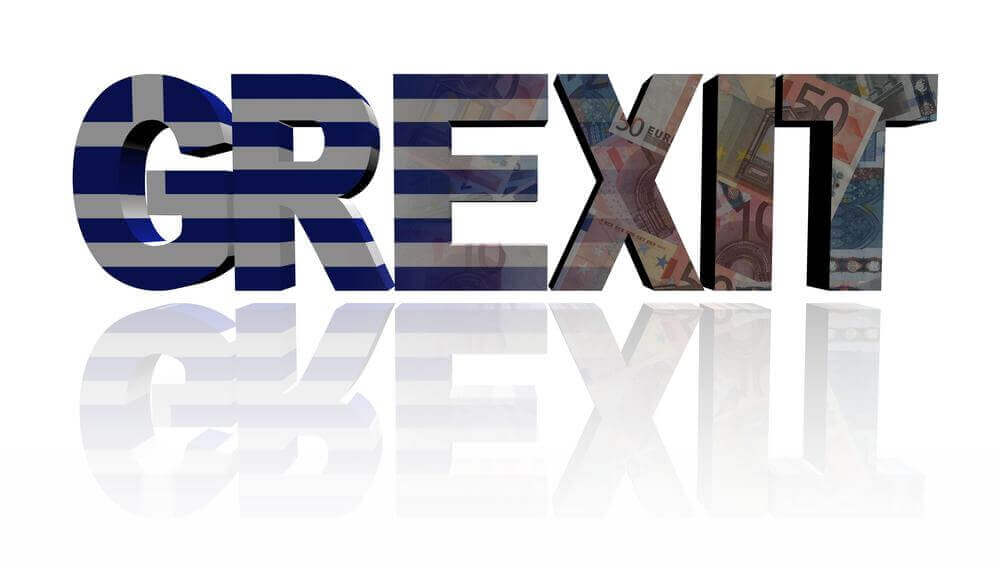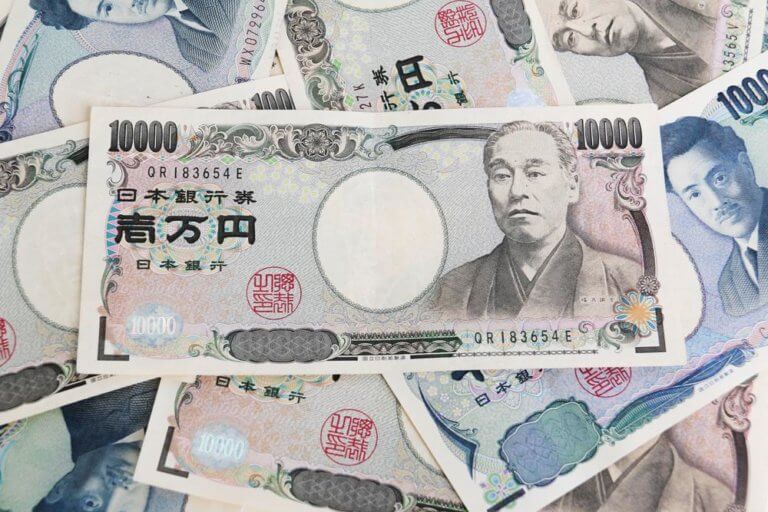A number of countries helped the Eurozone to beat forecasts this quarter. German output increased by 0.7% quarter-on-quarter over Q4, powered by exports and consumer spending. While exports have long been the engine of German growth, consumer spending had been out of line with other members. Spain and Portugal have returned to expansion and posted increases of 0.7% and 0.5% respectively. Italy and France continue to dampen the currency union’s overall reading with zero and 0.1% growth respectively, while Greece has shown again the mercurial nature of its recovery by contracting 0.2% over Q4.
It may be tempting to wonder why these small changes in output matter. Athens has only a fortnight until its next IMF payment is due and mere days to agree the conditions for a further line of credit to avoid outright default. Politics seem to have taken over, and the focus has moved away from GDP to wrangling over debts and austerity. But it matters because at root this crisis is about growth. The Eurozone has seen virtually no expansion in output since the recession, and some predict a “new normal” state of low growth where an ageing population and high debts cause virtual stagnation for decades as in Japan. Under such conditions, the currency union would remain under severe strain, with impoverished electorates unable to agree on the fiscal transfers that are needed to maintain balance in a group of economies with variance in competitiveness.
The recovery in growth should aid negotiations for Monday’s crucial showdown, where the sides need to find a compromise. It is easier to be generous when the pie is expanding. Perhaps Germany’s sizeable export boost will remind Merkel what Germany gains from the euro and why it has expended so much effort already in supporting weaker members. Certainly she would be unable to sell a more lenient deal to her own voters if their own standards of living were falling, no matter how parlous the situation further South. In addition, both parties appear to be making concessions since the disappointing Eurogroup meeting of Eurozone finance ministers on Wednesday, when negotiations broke down without even finding common starting ground.
Today’s figures give grounds for cautious optimism. They show that even amid great uncertainty and the deflation that prevailed in Q4, the Eurozone achieved growth and its largest underwriter also boosted output. The low oil price has helped bolster spending and the European Central Bank may even receive some credit for its various preliminary efforts in late 2014 before pulling the quantitative easing lever. Much more is needed to help Europe out of its stagnation, especially on fiscal policy where there remains untapped resource for stimulating demand. Tentative signs of growth make the potential for compromise stronger, though Europe is still some way from a mutually acceptable solution. The next Eurogroup meeting on Monday remains decisive.
























